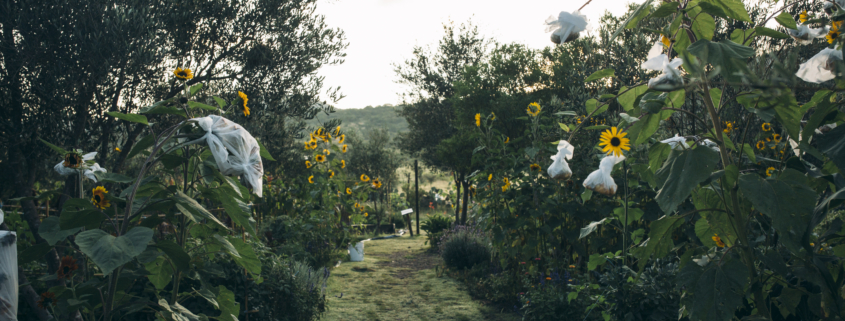Regenerative, Organic and Agroecology: What’s the difference?
Regenerative, organic, agroecological. You might encounter all of these terms in the search for ‘sustainably’ grown food (there’s another!). This word soup is a great sign that lots of farming communities are experimenting to find a better way, but as a consumer, it can be pretty confusing.
Here’s a quick guide to each term, to help you make sense of labels, and separate the green from the greenwash.
What is organic farming?
Organic farming first arose in the 1940s, as a reaction against the industrialisation of agriculture. These days, it’s got a strict legal definition, and to call your produce “organic” you must be certified. In the UK, most organic goods are certified by the Soil Association or OF&G – just look for their stamps on the label.
Above all, organic farming is about nature: protecting it, enhancing it, and working in harmony with rather than fighting against it.

